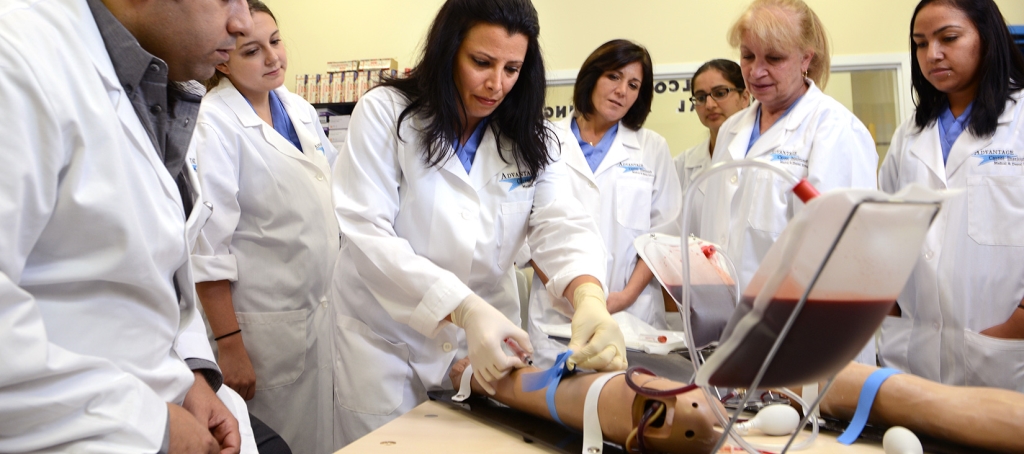**Title: Phlebotomy Technician Definition – What You Need to Know**
**Introduction:**
Phlebotomy technicians play a vital role in the healthcare industry by collecting blood samples for medical testing, transfusions, research, or donations. This article will provide a comprehensive overview of what a phlebotomy technician does, the necessary training and certification requirements, and the importance of this profession in the healthcare field.
**What is a Phlebotomy Technician?**
A phlebotomy technician is a skilled healthcare professional trained to draw blood from patients for various purposes. These technicians work in hospitals, clinics, blood donation centers, and other medical facilities where blood samples are needed for diagnostic and therapeutic purposes.
**Responsibilities of a Phlebotomy Technician:**
1. Greeting patients and explaining the blood-drawing procedure
2. Identifying patients and their information
3. Sterilizing equipment and preparing the puncture site
4. Collecting blood samples from patients
5. Properly labeling and storing blood samples for testing
6. Maintaining accurate records of blood draws and patient information
**Training and Certification Requirements:**
Becoming a certified phlebotomy technician typically requires completing a phlebotomy training program, which can be found at community colleges, vocational schools, or medical institutions. These programs typically cover topics such as anatomy, medical terminology, blood collection techniques, and safety procedures.
After completing the training program, aspiring phlebotomy technicians must pass a certification exam offered by organizations such as the National Healthcareer Association (NHA) or the American Society for Clinical Pathology (ASCP) to become certified. Certification is not always required by every state, but it can enhance job prospects and salary potential.
**Importance of Phlebotomy Technicians:**
Phlebotomy technicians are essential members of the healthcare team, as accurate and timely blood sample collection is crucial for diagnosing and treating patients. They play a critical role in ensuring that laboratory tests are conducted correctly, leading to accurate diagnoses and appropriate treatment plans for patients.
**Benefits of Becoming a Phlebotomy Technician:**
1. Job Stability: The demand for phlebotomy technicians is expected to grow as the aging population increases, leading to a greater need for healthcare services.
2. Fulfilling Career: Phlebotomy technicians have the opportunity to interact with patients and make a positive impact on their overall healthcare experience.
3. Competitive Salary: Certified phlebotomy technicians typically earn a competitive salary, with the potential for advancement in the field.
**Practical Tips for Phlebotomy Technicians:**
1. Develop strong communication skills to effectively interact with patients and medical staff.
2. Practice proper blood collection techniques to ensure accurate and reliable results.
3. Stay current on industry trends and best practices through continuing education and professional development opportunities.
**Conclusion:**
phlebotomy technicians play a crucial role in the healthcare industry by collecting blood samples for medical testing and research. Their expertise and skills are essential for accurate diagnoses and effective treatment plans for patients. By completing the necessary training and certification requirements, individuals can embark on a rewarding career as a phlebotomy technician.
